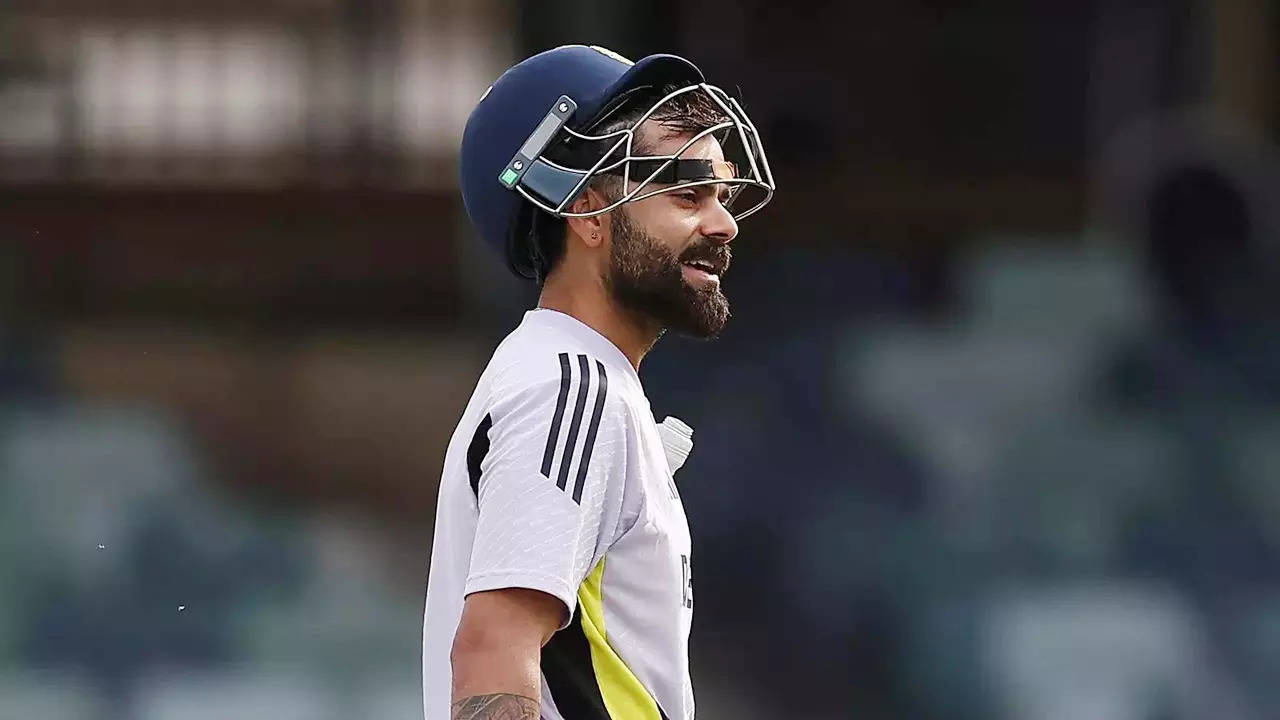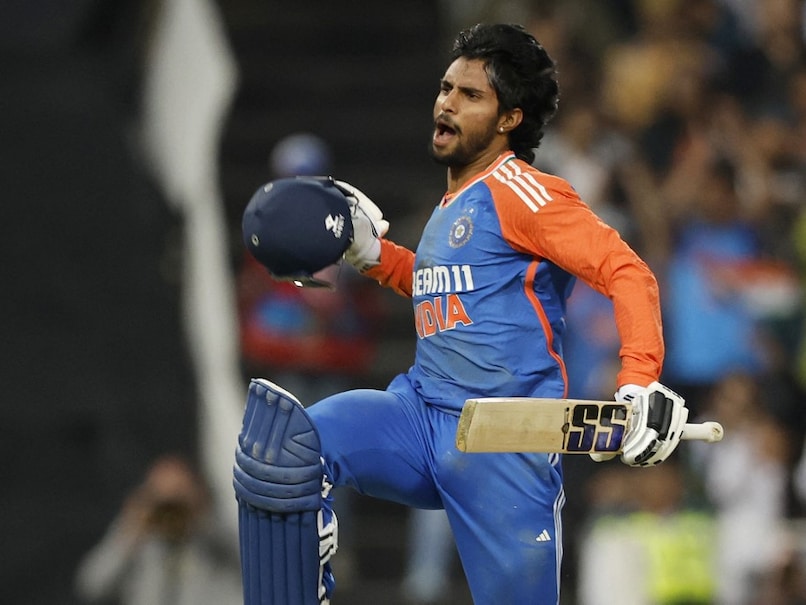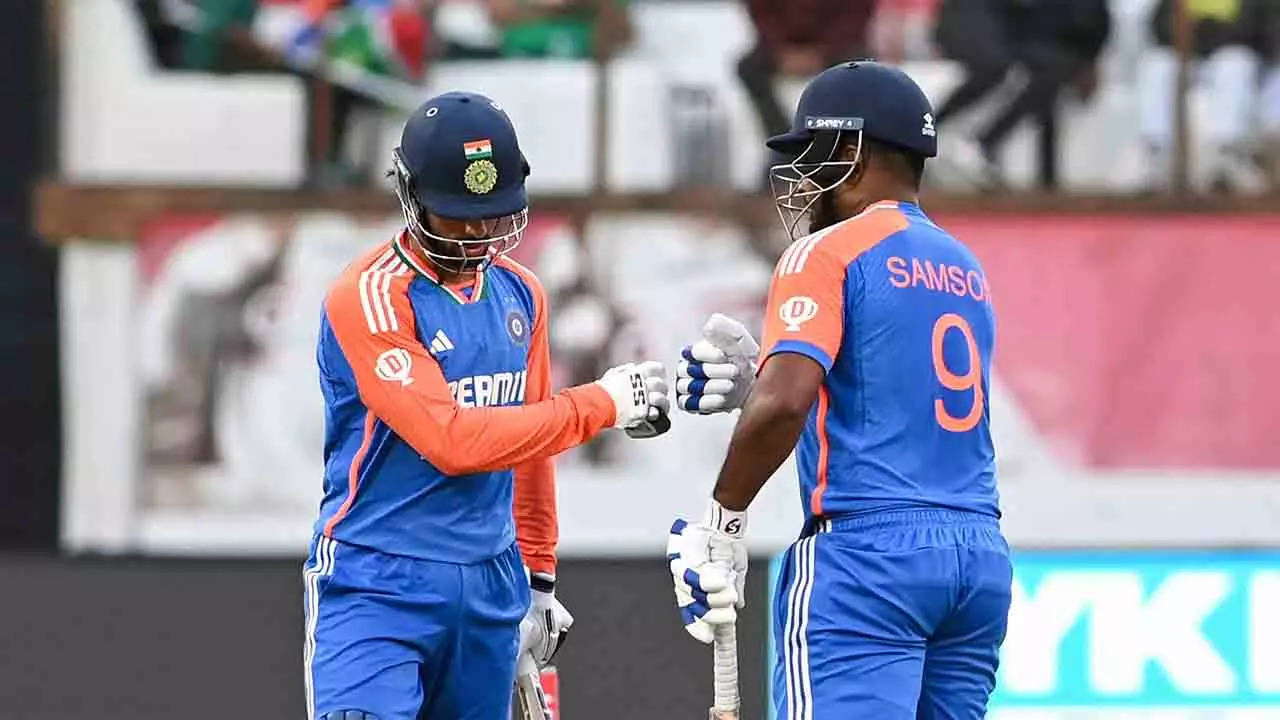The proliferation of cricket leagues worldwide has witnessed a surge in franchise-based models and experimentation with various formats. While T20 leagues have been prevalent, T10 leagues have gained traction, with the United States emerging as a hub for investors and organizers.
The United States, despite its nascent cricket ecosystem, has hosted two successful seasons of Major League Cricket (MLC) and a T20 World Cup. This has attracted interest from other leagues, including the American Premier League (APL) and the National Cricket League (NCL).
Both APL and NCL have received ICC sanctions and feature international cricketers. However, concerns have been raised regarding player regulations and on-field standards. The NCL’s T10 league, in particular, lacks clarity on its financial model and includes both former and active international players.
The ICC’s outgoing Anti-Corruption Unit (ACU) head, Alex Marshall, has warned against “badly-run” franchise leagues, emphasizing the need for vigilance in “lower-level” ones. He highlighted the threat of corruption and the need to address vulnerabilities in the system.
Before leagues can participate in international cricket, they must obtain ICC sanction. The ICC has established minimum requirements for leagues, including a comprehensive document outlining potential risks, particularly for T20 leagues.
The ICC’s cricket operations, legal, and anti-corruption wings play an active role in the sanctioning process, with Committee Secretary Clive Hitchcock overseeing the eligibility criteria and other requirements.
As cricket expands into new markets, the ICC must remain vigilant and ensure stricter checks and balances in leagues like APL and NCL to safeguard the integrity of the game.






